More than 2 million Syrian refugees and internally displaced persons have returned to their homes since December, according to the UN refugee agency, which emphasized the urgent need for a political resolution to prevent renewed instability.
UN High Commissioner for Refugees Filippo Grandi announced on Thursday that over two million Syrians have returned home since December, amid signs of improved conditions in the war-torn country following the collapse of the Bashar al-Assad regime.
“Over two million Syrian refugees and displaced have returned home since December—a sign of hope amid rising regional tensions,” Grandi posted on X, as he traveled from Lebanon to Syria to mark World Refugee Day.
Grandi stressed that the return movement is a clear indicator of progress and underscored the need for long-term political solutions. “This proves that we need political solutions—not another wave of instability and displacement,” he said.
The return of refugees follows years of devastating conflict that forced millions to flee Syria. The prolonged crisis led to severe humanitarian consequences and massive displacement both within Syria and across neighboring countries such as Türkiye, Lebanon, and Jordan.
The current wave of returns comes after the fall of the Assad regime in December, when the former president fled to Russia. Assad's departure marked the end of the Baath Party’s nearly six-decade rule. In the aftermath, Ahmad al-Sharaa—leader of the anti-regime forces—was appointed president for a transitional period in January.
As peace and security slowly take hold in many parts of Syria, international organizations and regional actors are now focusing on rebuilding efforts and ensuring the voluntary, safe, and dignified return of displaced populations.
Despite cautious optimism, the UN has reiterated the importance of international support for reconstruction and reconciliation, while calling on all parties to uphold commitments to human rights and stability.
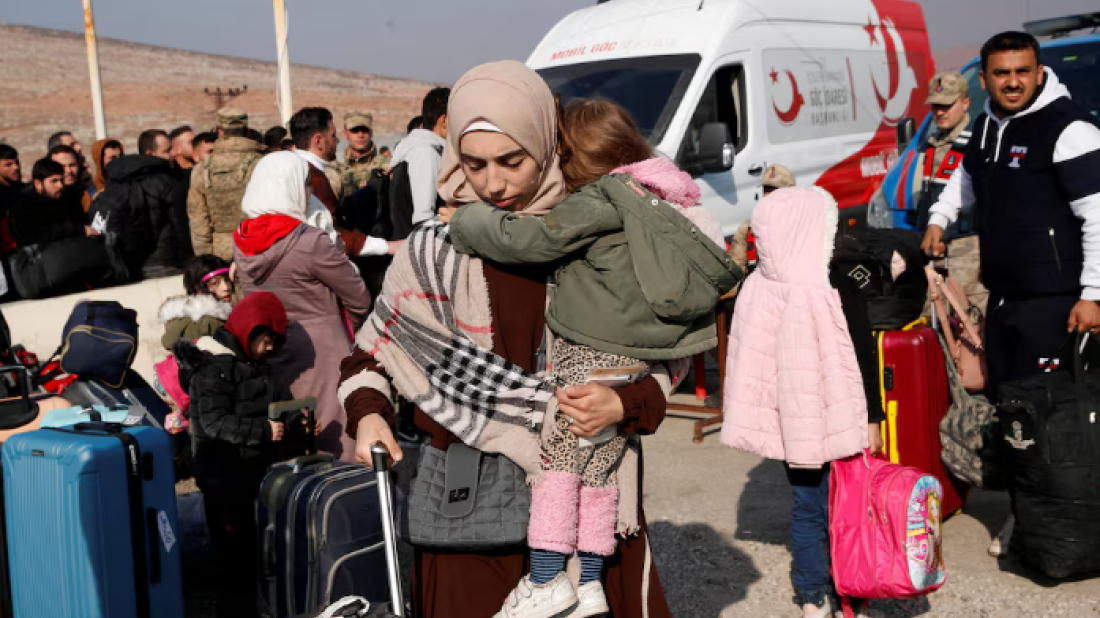
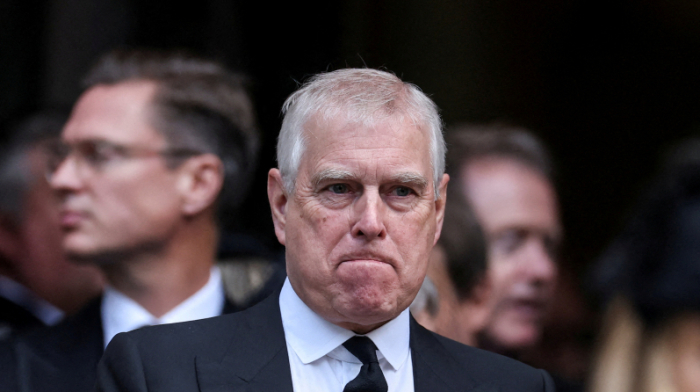
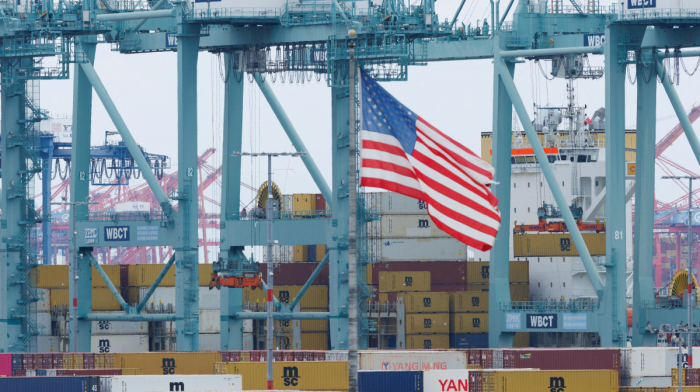

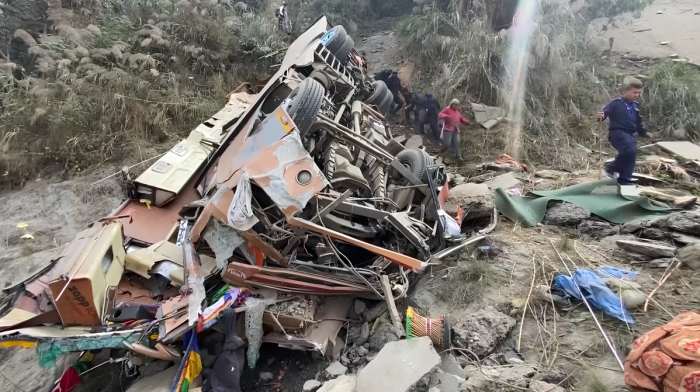
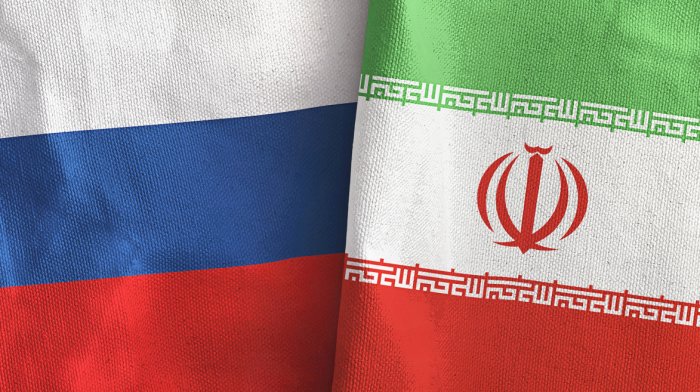


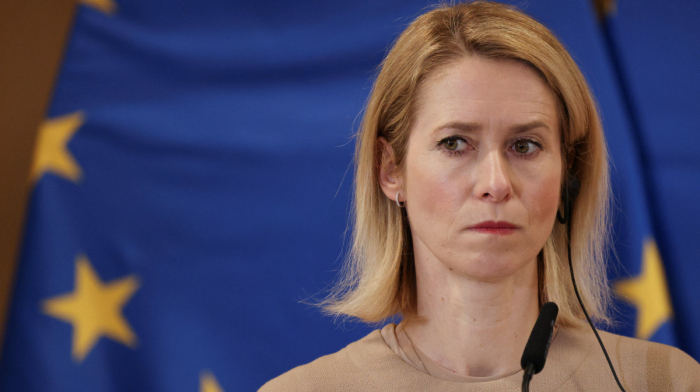


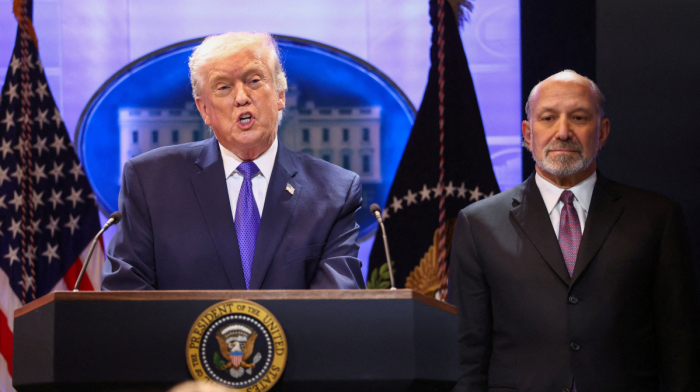
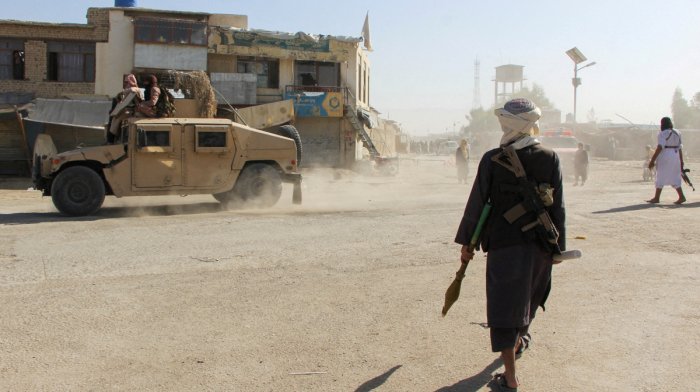
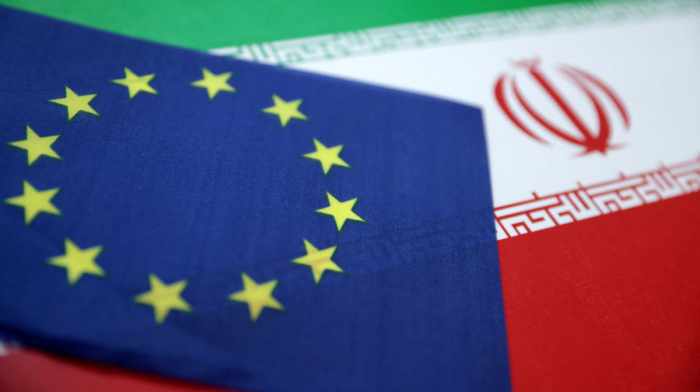



What is your opinion on this topic?
Leave the first comment